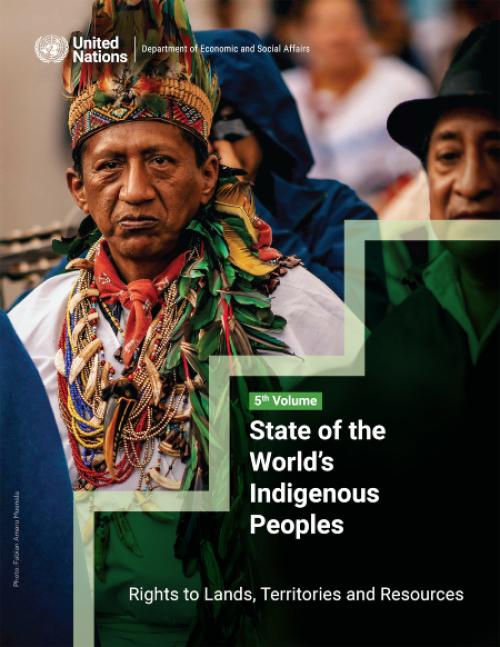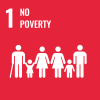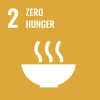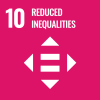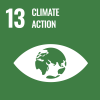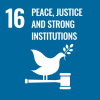The world’s indigenous peoples call 22 per cent of the global land surface home. They live in areas where you find about 80 per cent of the planet’s biodiversity and much of the world’s non-commercially exploited land and many of its remaining mineral and forest resources, major rivers, fossil fuels and sources of renewable energy.
While often described as the custodians of our Earth’s precious resources, they are frequently denied their rights to lands, territories and resources, according to a new UN DESA publication released today.
The latest volume of the State of the World’s Indigenous Peoples entitled “Rights to Lands, Territories and Resources”, examines these continuing obstacles along with some of the major risks and reprisals that indigenous human rights defenders face for protecting and defending their land, including increasing criminalization, harassment, assault and killings. But the new publication also offers solutions and ways forward.
“Ensuring the collective rights of indigenous peoples to lands, territories and resources is not only for their well-being, but also for addressing some of the most pressing global challenges, such as climate change and environmental degradation,” said UN Chief Economist and Assistant Secretary-General for Economic Development Elliott Harris at the launch of the publication on 12 March.
“Advancing those rights is an effective way to protect waterways and biological diversity. Achieving the Sustainable Development Goals overall is not possible without fulfilling the rights of indigenous peoples to their lands, territories and resources,” Mr. Harris said.
“We can do so much better. We have the Declaration on the Rights of Indigenous Peoples that the United Nations adopted 17 years ago,” said Anne Nuorgam, Chair of the UN Permanent Forum on Indigenous Issues. “What we need is […] real action and for my part and on behalf of the Permanent Forum on Indigenous Issues, we are ready to work with governments on this.”
 Welcome to the United Nations
Welcome to the United Nations
